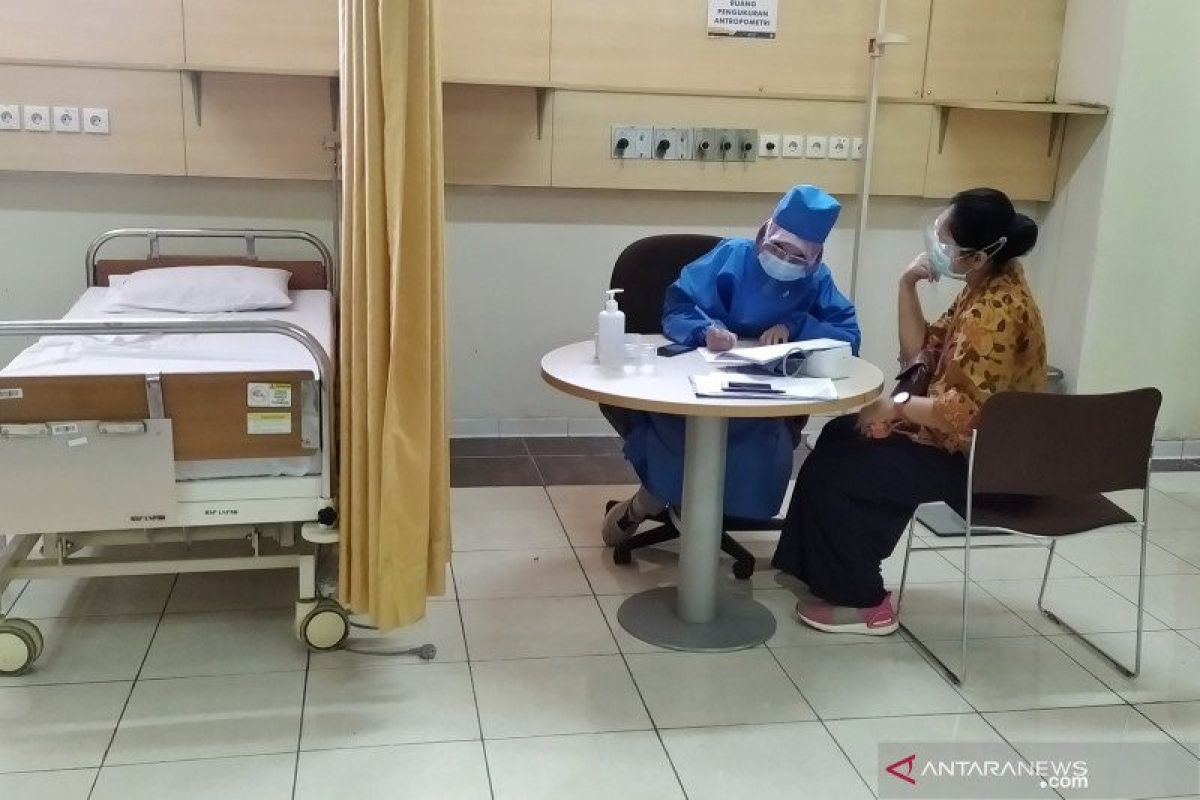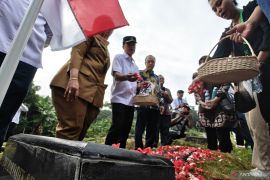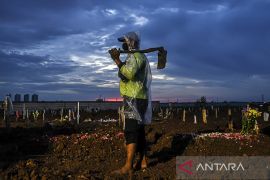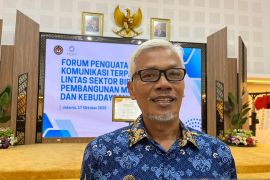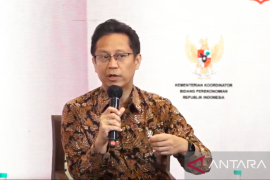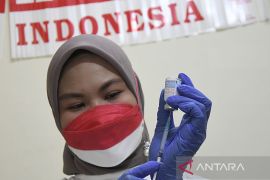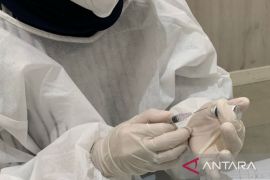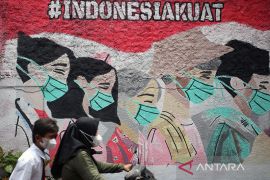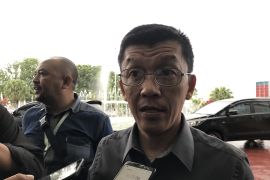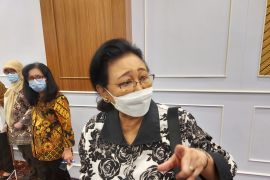Currently, cold chain preparation in Indonesia has reached 97 percent [completion].Jakarta (ANTARA) - The Task Force for COVID-19 Response has said the cold chain preparation for the COVID-19 vaccine rollout in Indonesia has reached 97 percent completion.
"Currently, cold chain preparation in Indonesia has reached 97 percent [completion]," a spokesperson for the task force, Wiku Adisasmito, said at an online press conference from the Presidential office here on Thursday.
Cold chain storage comprises refrigerators and freezers to store vaccines and carriers to distribute them to immunization centers, especially those located in open spaces.
"The procedure to maintain the vaccine temperature or cold chain to keep its quality has run well," Adisasmito said.
Essential logistics for the vaccination drive include the cold chain, a series of precisely coordinated events in a temperature-controlled environment to store, manage, and transport vaccines in order to deliver them to all parts of the world.
The task force has said it will work closely with local governments to prepare human resources for the vaccination program.
"The central government will work in coordination with local governments to prepare officers to carry out the vaccination. The number of officers will be adjusted with the number of participants in the vaccination [program] and the supporting infrastructure," Adisasmito said.
Currently, the government is preparing a list of regions that would be prioritized for the vaccination drive, he informed.
“It is considering the number of positive cases, population, a region's size, and other factors [while assigning priority],” he said.
According to Health Ministry data, as of 2016, 78.8 percent of Public Health Centers (Puskesmas) have received refrigerators to store vaccines.
In 2018, the government ensured the setting up of cold chains in 9,951 Puskesmas across the country to support the implementation of immunization programs.
Vaccine storage would need special attention because a vaccine as a biological product is vulnerable to temperature change, hence it has to be stored at a certain temperature, which ranges from 2-8 degrees Celsius for freeze-sensitive vaccines to -15 to -25 degrees Celsius for heat-sensitive vaccines, Adisasmito said.
Generally, direct sun exposure can damage vaccines, he added.
The government has signed an agreement to procure a total of 143 million doses of the COVID-19 vaccine concentrate from three Chinese pharmaceutical firms — Sinovac, Sinopharm, and CanSino, who will provide 65 million, 15 million, and 20 million doses of the vaccine concentrate, respectively.
The vaccine will be produced by state-run vaccine manufacturer PT Bio Farma.
The third phase of clinical testing for Sinovac's COVID-19 vaccine has been conducted since August this year by the Padjajaran University. The study involving 1,620 volunteers has not reported any side effects yet.
In addition to China, Indonesia has also sought vaccines from United Arab Emirates (UAE) technology firm G-24, which agreed to send 10 million doses of vaccine in mid-August through cooperation with state-run pharmaceutical firm PT Kimia Farma.
Indonesia has also bought 100 million doses of the COVID-19 vaccine developed by British-Swedish multinational pharmaceutical firm AstraZeneca, with the first delivery of the vaccine scheduled in the second quarter of 2021. (INE)
Related news: Decision on vaccine priority for red zones expected soon: Thohir
Related news: Financially-capable Indonesians urged to pay for COVID-19 vaccine
EDITED BY INE
Translator: Desca L Natalia, Sri Haryati
Editor: Suharto
Copyright © ANTARA 2020
